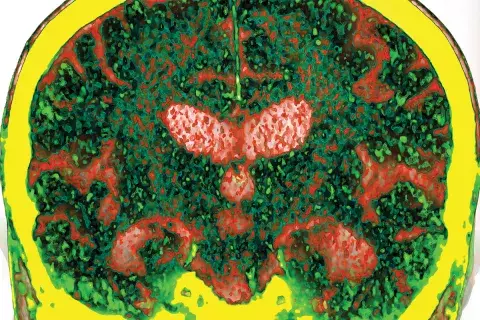Two new dementia risk factors identified
By Melanie Hinze
Two new dementia risk factors have been identified by the Lancet standing Commission into dementia prevention, intervention and care.
The 2024 report of the Lancet standing Commission noted that 45% of global dementia could be attributable to 14 factors – two more than reported in the 2020 Commission report.
The two new factors are vision loss and high cholesterol, which now join the 12 previously identified factors: less education, head injury, physical inactivity, smoking, excessive alcohol consumption, hypertension, obesity, diabetes, hearing loss, depression, infrequent social contact and air pollution.
The Committee conducted new meta-analyses of the risk of hearing loss and depression, and reviewed the most recent literature on worldwide risk and prevalences for all identified risk factors.
They reported that new evidence suggested that reducing the risk of dementia increased the number of healthy years of life and reduced the duration of ill health in those who went on the develop dementia.
The Committee reported that prevention approaches should aim to reduce risk factors as early as possible in life, and keep them low throughout life and for as long as possible.
Associate Professor Michael Woodward, Geriatrician and Dementia Australia Honorary Medical Advisor, told Medicine Today that there were three areas GPs could focus on to help reduce the burden of dementia in Australia.
‘Firstly, I think it’s really important for GPs to talk about dementia risk factors from mid-life onwards,’ he said. He recommended that GPs to talk to patients as early as 45 years, noting, that ‘we are talking to patients about cardiovascular health and the like, but not brain health.’
Secondly, he recommended providing patients with education, including handouts and other information in the waiting room.
Associate Professor Woodward said it was important for GPs involved in health advocacy to concentrate on the preventable risk factors for dementia, as prevention is better than cure.
‘Thirdly, we can be referring patients who are worried about, or experiencing, cognitive decline to support organisations,’ he said.
Associate Professor Woodward added that it was likely more dementia risk factors would be added over time, such as lack of sleep and infections, but the evidence on the effects of these factors on dementia was currently unclear.
Lancet 2024; https://doi.org/10.1016/S0140-6736 (24)01296-0.


